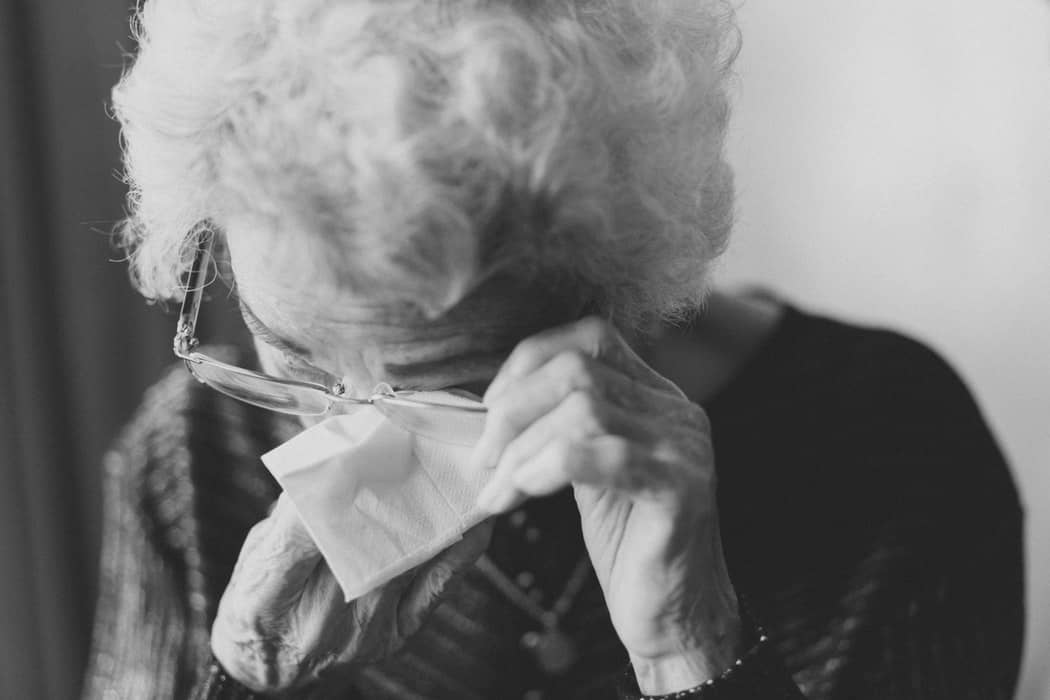5 Ways to Support a Loved One With Parkinson’s Disease
A loved one with Parkinson’s Disease needs care and attention in very specific ways. When tremors and balance issues are commonplace, how can you effectively care for a loved one?
Education
Begin by educating yourself on Parkinson’s Disease. Perhaps, you already know that Parkinson’s is a movement disorder, and as a caregiver you have first hand knowledge of its visible symptoms. Less known is what causes Parkinson’s to manifest. Become a better ally by seeking out resources like books and reputable websites such as www.parkinson.org.
Exercise
Daily movement is good for all of us, but it is especially important for those coping with this movement disorder. According to the Parkinson’s Foundation, exercise has neuroprotective benefits. Physical movement is also a vital component to maintaining balance, mobility and continuing to perform daily living activities.
The Parkinson’s Foundation recommends the following types of exercise:

-
Aerobic Activity
-
Strength Training
-
Balance & Agility Training
-
Flexibility
To encourage your loved one to exercise, consider joining them in a dance or yoga class. Finding something you both enjoy can not only help with their mobility, but allows for loving shared experiences.
Speak to the Person, Not the Disease
Become mindful of the way you communicate with a loved one coping with this movement disorder. Caregivers, being acutely aware of the symptoms and how their loved ones have changed, may begin to speak differently to them. It is important to remember the person beyond the condition, and speak to them about topics other than Parkinson’s. Is there an actor they really enjoy? Maybe there’s a book they love? Help them to remember who they are, outside of the chronic disease they happen to have.
Listen
When a person is diagnosed with a chronic illness it may be our first instinct to try to “fix it.” In fact, caregivers are often tasked with helping their loved one access the right care, driving them to appointments, and helping them with errands they can no longer complete on their own. It may be difficult to shift into the receptive position and really listen to what loved ones are saying. Yet, listening is often exactly what a person with Parkinson’s needs most. Anxiety, depression, and mood changes are common with this chronic disease according to The Michael J. Fox Foundation. All of us can benefit from a good listener, but most especially those coping with anxiety, depression, and mood fluctuations.
Take Care of Yourself
It’s easy to forget your own needs when you have someone you love depending on you for their care. Remember to take time for yourself, so that you can be your best version for them. It’s important to set proper limits, and know what you can help with, when, and how often.
When you need an extra set of hands to help keep your loved one safe, consider calling 24/7 Nursing Care. We offer around-the-clock care through our in-home referral services which are tailored to meet all of your loved one’s needs. For a free in-home consultation, call us today! Miami-Dade County (786) 518-3622 or Broward county (954) 949-1332.





